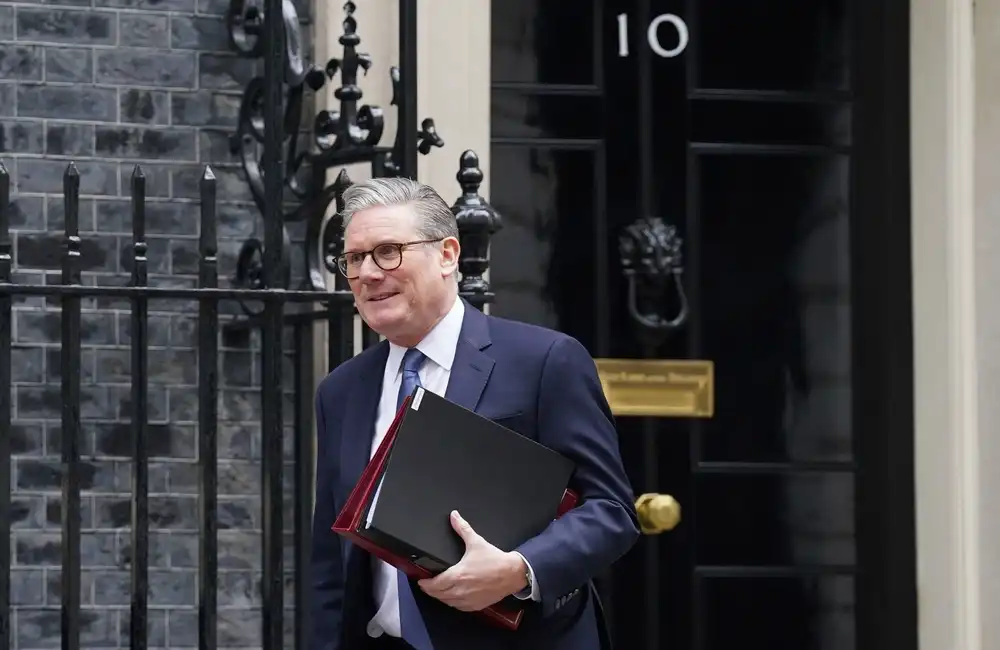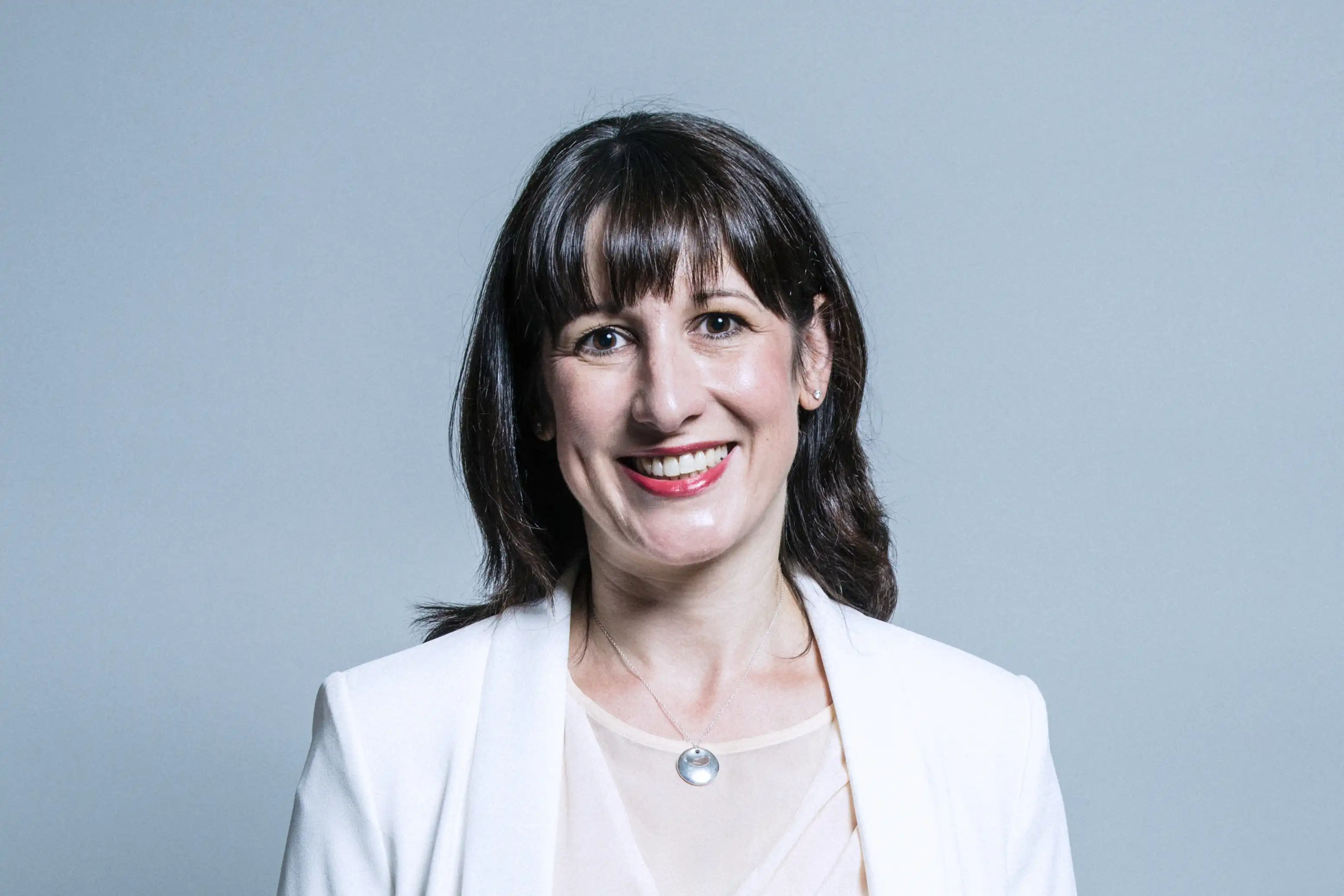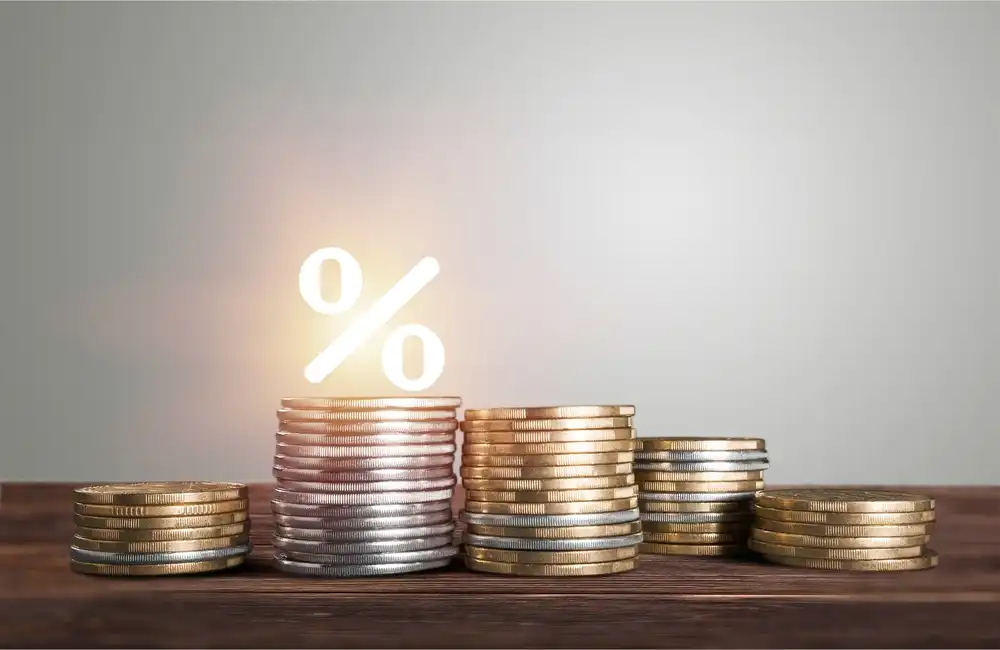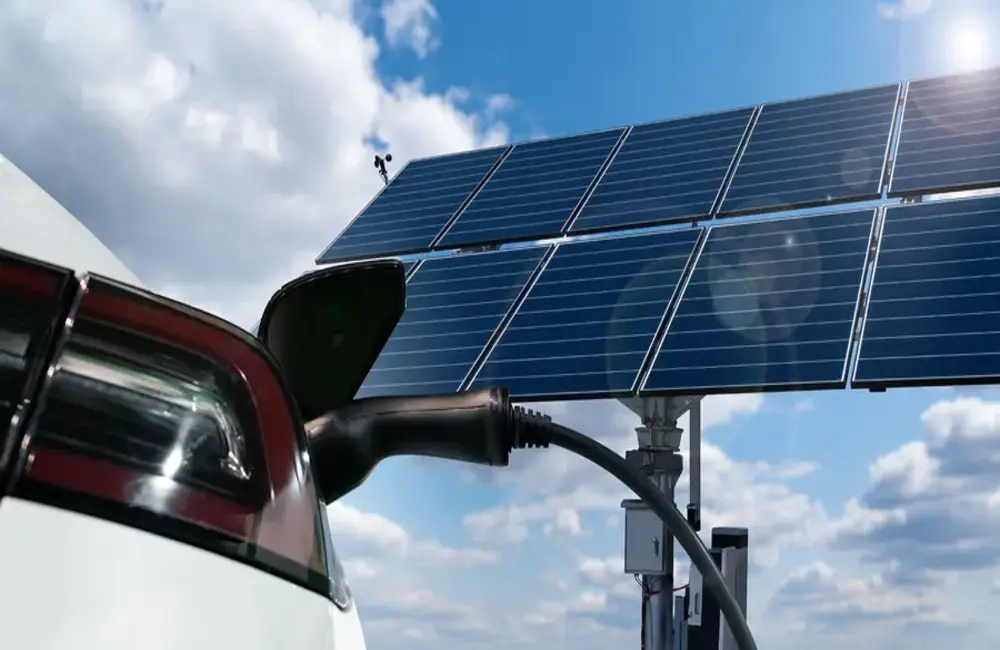With the sheer amount of new battery terawatt-hours needed to take the world off of fossil energy, it will take both more mining and development in battery recycling to provide the world with sufficient energy storage, a panel of battery industry researchers and executives said March 29.
Battery Production and Sustainability Challenges: Insights from Industry Experts
According to Vineet Mehta, director of battery technology and system architecture at Tesla, a full transition to electric transportation, a.k.a. EVs, will require on the order of 10 TWh of production in this decade. The total demand rises to be around 350 TWh when considering all primary energy consumption, as well as fossil fuel consumption, which, when you extrapolate that up a step — to thinking about getting the whole planet off of fossil fueling, said Mehta, moderating a panel at Cambridge EnerTech's International Battery Seminar and Exhibit.
At the 15 years in service per battery pace, this would mean that per year the rate of battery production would need to be of the order of 15 TWh/year, he added.
So all that really can be done to create better batteries from a primary production perspective is to look at the periodic table, he said, noting the size of the demand for batteries in the years and decades ahead is “mind-boggling in terms of natural resource demand.”
The answer is part of the answer to creating a more sustainable future, “because if you are now working to make cells that can last longer, they will not be recycled as much and they need less battery production, less tonnage every year,” he said.
Designing for Sustainability
To establish this new battery supply chain, it’s important to take a step back and design for sustainability from the get-go due to the resource demand, said Jeff Spangenberger, director of the ReCell Center at Argonne National Laboratory.
ReCell and the Department of Energy are trying to see if they can remove some of the barriers to direct cathode recycling by focusing on creating more economical processing technologies to capture as much value from current and future battery chemistries as possible.
The Closed Loop Vision
JB Straubel, the CEO of the battery materials company Redwood Materials, said he envisioned the future battery supply chain as ultimately forming a closed loop, with recycling playing a role, though it will still involve blending virgin raw materials to satisfy demand.
In February, Redwood announced a partnership with Ford and Volvo to recycle electric vehicle batteries.




















